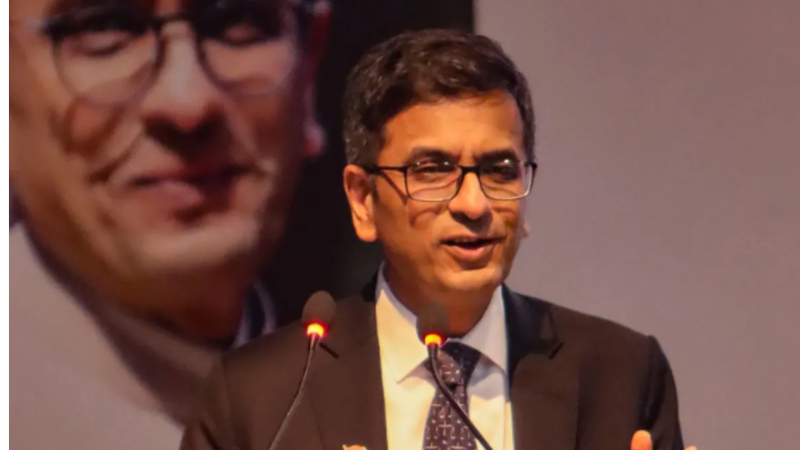
Upon the invitation of the Chief Justice of Nepal, Chief Justice Chandrachud of India visited Nepal on Friday, marking the first-ever official visit by an Indian Chief Justice to the country. This three-day visit aimed to strengthen bilateral ties between the judiciaries of the two nations and address important issues such as child rights.
The National Symposium on Juvenile Justice
On Saturday, DY Chandrachud, while addressing the National Symposium on Juvenile Justice, observed that in response to the rapid improvements in technology, the juvenile justice systems must change by strengthening international collaboration and sharing practical tactics to counter the rising number of transnational digital crimes involving children.
Chandarchud emphasized that children begin their lives with a clean slate, yet their vulnerability exposes them to various influences like economic hardship, parental neglect, and peer pressure that can lead them astray.
He further argues that when we discuss juvenile justice, we must acknowledge the vulnerabilities and unique needs of children caught in legal conflicts, ensuring that our justice systems respond with empathy, rehabilitation, and opportunities for reintegration into society,” he remarked.
He underscored the importance of understanding the multidimensional nature of juvenile justice and its intersections with different aspects of society.
Recollecting his childhood trauma
The Chief Justice of India shared that he had encountered corporal punishment during his school days and remembered pleading with his teacher not to cane his hand. He also admitted that he hadn’t informed his parents about the punishment because he felt ashamed and continued to conceal the marks.
“How children are treated now, will leave a lasting impact on their lives. I vividly remember the incident at school. Despite not being a juvenile delinquent, I was subjected to caning on my hands for the trivial offense of not bringing the right-sized needles to class for craftwork,” CJI Chandrachud remarked.
“I can still recall pleading with my teacher to cane me on my backside instead of my hands,” he added. The Chief Justice acknowledged that this incident “left an indelible mark on my heart and soul, and it still influences my work.”
“The impact of such injustices on children is profound,” he concluded.
Read More: Supreme Court, Delhi High Court, States High Court, Other Courts, International




